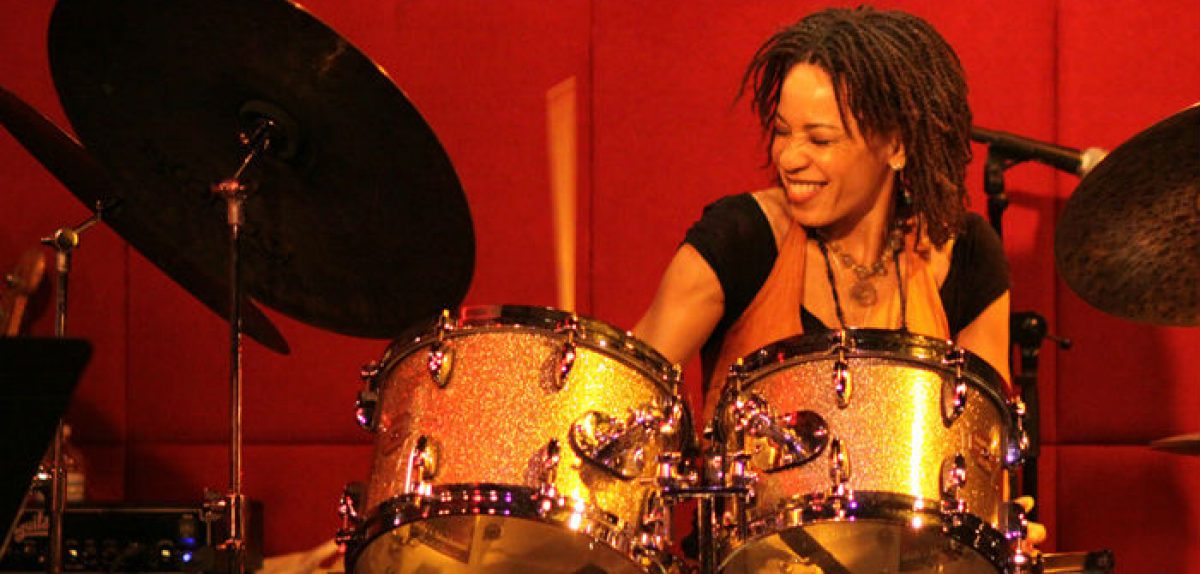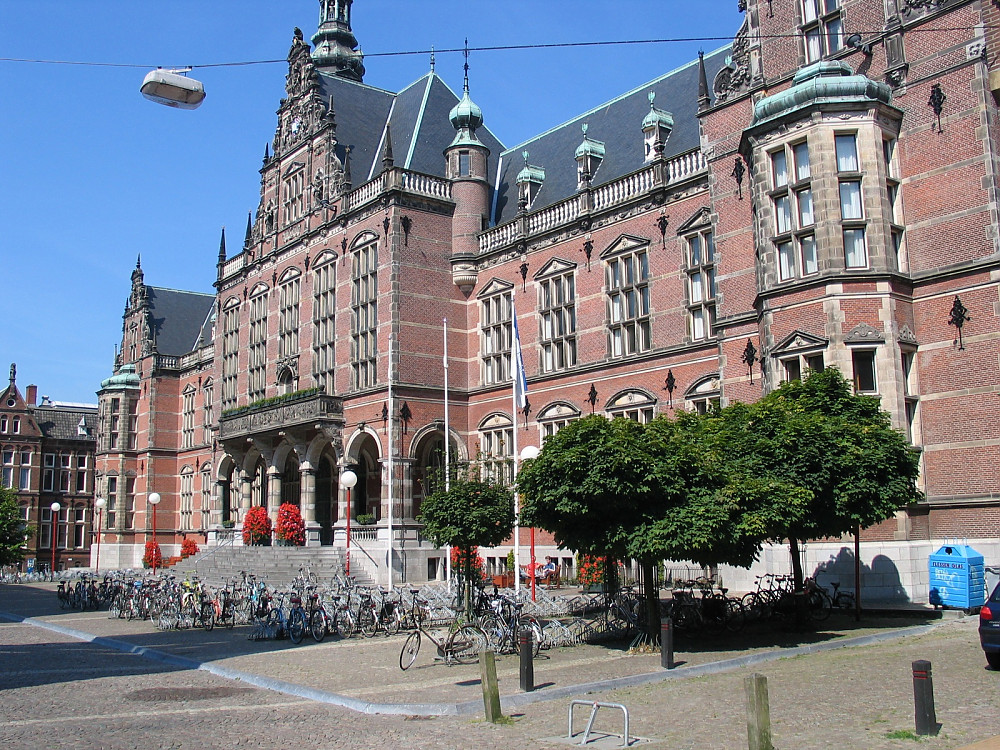Exploring Gender Dynamics in the Music Industry
Call for Papers
May 17-18, 2019
University of Groningen
Groningen, The Netherlands
The Department of Arts, Culture and Media in connection with the research project Exploring Gender Barriers in the (Dutch) Music Industry funded by the NWO KIEM (Creative Industry – Knowledge Innovation Mapping) at the University of Groningen is pleased to announce a two-day symposium to be held on May 17-18, 2019. The symposium will bring together both scholars and industry professionals to share insights on the topic of Gender Dynamics in the Music Industry. The intention is to share resources and create a dialogue to better address the lack of gender parity within the music industry. Further, we seek to extend to discussion to fields connected to, but not exclusive to the (relatively better researched) performance sphere. We welcome scholars and industry professionals from all genders and from all genres of music from classical to folk and popular.
During this two-day seminar, we welcome two keynote speakers, Dr. Marion Leonard (University of Liverpool, UK) and Dr. Ann Werner (Södertörn University, Sweden) with experience researching and publishing on this important topic as well as an evening performance at the local cafe Het Heerenhuis. Finally, during this symposium, we will provide an interactive booklet on resources for music industry professionals and scholars providing techniques working pro-actively to improve the gendered dynamics within this field. During a workshop, we will request information about your own music industries to add to this interactive platform.
Proposals are invited especially on these five topics but other topics are welcome:
- Gender quotas in music festivals and music podiums/stages: we welcome talks which examine the role of quotas in music festival programing to research about the existing quotas in music performance platforms broadly conceived.
- Gendered dynamics behind the scenes: this theme relates especially to those fields outside of performance (yet related) and can include any of the myriad roles performed by music industry professionals from booking agents to administrative assistants and from media platforms to producers and talent scouts.
- Discourses on gender in music industry platforms: we understand discourses broadly as also widely applied and as encompassing various formats from journalistic writing to the ‘texts’ circulated through performance based media such as music videos and documentaries and to the informal discussions and ‘value judgements’ in the hallways and coffee corners of music industry institutions.
- Policy approaches towards gender dynamics in the music industry: With this theme, we welcome topics which examine existing policy approaches towards achieving more gender parity within the music industry such as those recently examined in Sweden (“Tackling gender inequalities in music: a comparative study of policy responses in the UK and Sweden” 2017). We also welcome ideas related to possible new cultural policies aimed at various levels from municipal to regional and national and within various spheres of the music industry from broadcasting and performance to hiring policies of music industry institutions.
- Gendered facets of music education/training: Studies such as those carried out by Born (Music Technology, Gender, and Class: Digitization, Educational and Social Change in Britain, 2015) on music and technology have provided important thick descriptions of the dynamics guiding music education programs especially in light of recent changes within education such as the rise of neoliberalism and the propensity to support new technologies within the classroom. Here we welcome presentations which query the role of education for facilitating or inscribing particular gendered patterns.
Paper presentations will be twenty minutes in length with ten minutes for questions.
Invited Keynote Speakers
For our conference, we welcome two keynote speakers: Marion Leonard (University of Liverpool) from the United Kingdom and Ann Werner (Södertörn University) from Sweden.
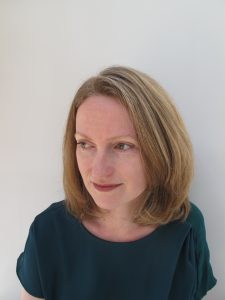
Marion Leonard is senior lecturer in the Department of Music at the University of Liverpool where she is also a member of the Institute of Popular Music. She is author of Gender in the Music Industry (Ashgate 2007) which drew on in-depth interviews with women rock musicians to explore how they negotiated gendered cultures within their working lives. Her recent work in this area has looked beyond musicians to consider how gender structures the experiences of women working in other areas of employment in the music industries. She has published numerous articles and chapters in the field of popular music studies and is co-editor of The Beat Goes On: Liverpool, Popular Music and the Changing City (Liverpool University Press 2010) and Sites of Popular Music Heritage (Routledge 2014).
Keynote: Cranking up the Volume: Working on Gender in the Music Industries
Recent activities of UK music industry organisations such as PRS Foundation and UK Music have called attention to continuing inequalities in the music industry. These bodies are working alongside grassroots, practitioner initiated activism to enable change. The need for change continues to be highlighted in ways including the lack of women in music leadership positions and gender pay gap statistics. This paper will reflect on how gender discrimination continues to persist in the workplace and why it might be particularly pronounced in the music sector. It will focus in on women working ‘behind the scenes’ in roles outside of music performance. Drawing on interviews it will discuss the experiences of women working in areas of the industry which have traditionally been sex segregated and where the majority of people taking up certain jobs have been men. It will examine how women negotiate gendered work environments within the contemporary music industries and consider the extent to which we are seeing changes in work cultures.
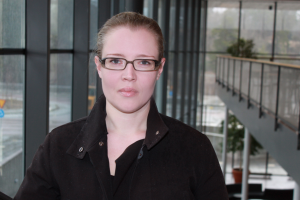
Ann Werner’s PhD in the field of cultural studies examined teenage girls’ uses of popular
music while attending the institutions Linköping University in Sweden and Western Sydney
University in Australia. From 2009, she took various posts in music, media and gender
studies at Södertörn University, Stockholm University, Auckland University, and Linnaeus
University respectively. Her research interests include projects on first people’s music online,
dancing within YouTube, and draws from concepts from education, music and gender
studies. She has also researched music related media such as music streaming as well as the
relationship between music, gender, feminism and anti-racism more broadly. Her latest
publication in the journal Per Musi is titled “What Does Gender have to do with Music
Anyway?” (forthcoming). In 2018, she published the book Streaming Music with
Routledge, co-written with Sofia Johansson, Patrik Åker and Gregory Goldenzwaig.
Keynote: Feminist Interventions and the Music Industry
Gender inequality and sexism, as well as their intersections with homophobia, transphobia, racism and class privilege continue to shape the inner workings of the music industry. Recently the #Me Too movement further illuminated some of the most destructive gender related dynamics of the music world, bringing specifically pernicious examples to the public eye. Yet, the critique of the role of women, both in terms of representation and their treatment within the industry and within music education platforms is not new, nor have we witnessed major changes. Instead of addressing the sexism or gender inequality in the music industry, this talk will examine recent feminist interventions which strive to change the music industry from the outside in and from the bottom up. Prominent recent examples include #MuteRKelly and the Smirnoff Equalizer. In this talk I examine the strategies, theoretical foundations, and outcomes of media activism and separatist music networks. The aim is to understand what is assumed and what is achieved through contemporary enactments of feminism in the music industry, especially those which seek to forge new routes to equality.
DEADLINES
Please send your title, abstract, a short bio (less than 100 words) and affiliation to k.a.mcgee@rug.nl by March 25th, 2019.
Abstracts should be less than 350 words, in English, and with a relevant title. Proposed panels are also welcome and should contain a short panel abstract – less than 300 words and individual presentation abstracts, less than 350 words.
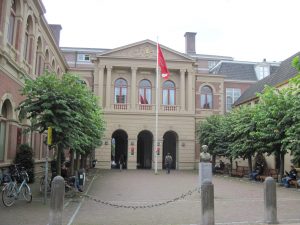
SYMPOSIUM LOCATIONS
May 17th: Symposium Day 1
Exposition Hall, Harmony Building (Harmonie Gebouw), University of Groningen
Oude Kijk in Het Jatstraat 26, 9712 EK Groningen
May 18th: Symposium Day 2
Het Doopsgezinde Kerk
Oude Boteringestraat 33, 9712 GD Groningen
May 18th: Drinks and music
Het Heerenhuis Cafe
Spilsluizen 9, 9712 NR Groningen
REGISTRATION
PROGRAMME
TRAVEL AND ACCOMMODATION
RESTAURANTS
